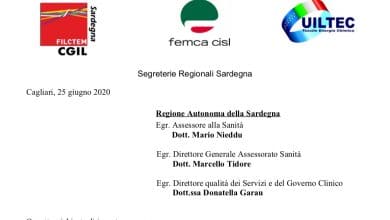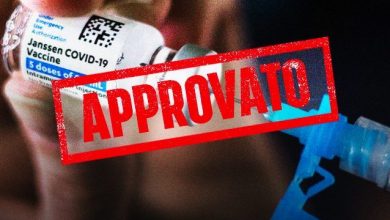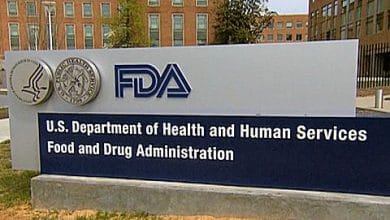
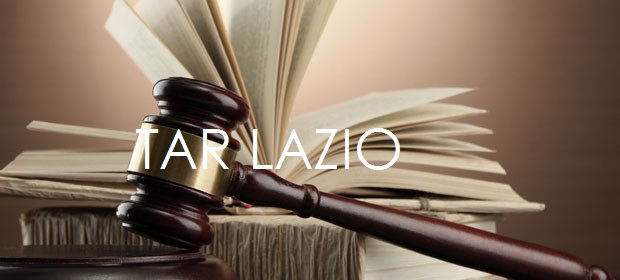 It raises more doubts than the sentence with which the Lazio TAR last week dissolves denied the existence of advertising restrictions on so-called Sops, non-prescription drugs reserved for the pharmacist's advice. The intervention of the judges refers to the appeal presented in autumn 2015 by Kwidza Pharma Gmbh and Chefaro Pharma, to challenge the Ministry's provision which denied the authorization to advertise an antitussive produced by one and marketed in Italy by the other. The dicastery, to be honest, had initially accepted the request, only to then turn around once it realized that the drug was a Sop. However, the two companies did not like the rectification and thus challenged it before the Tar.
It raises more doubts than the sentence with which the Lazio TAR last week dissolves denied the existence of advertising restrictions on so-called Sops, non-prescription drugs reserved for the pharmacist's advice. The intervention of the judges refers to the appeal presented in autumn 2015 by Kwidza Pharma Gmbh and Chefaro Pharma, to challenge the Ministry's provision which denied the authorization to advertise an antitussive produced by one and marketed in Italy by the other. The dicastery, to be honest, had initially accepted the request, only to then turn around once it realized that the drug was a Sop. However, the two companies did not like the rectification and thus challenged it before the Tar.
If the Lazio judges agree with the appellants it is because - as stated in the sentence – the Italian legal system does not recognize "the existence or otherwise of the prohibition of advertising to the public medicines not subject to medical prescription but not belonging to the category of self-medication medicines (OTC, ed.)". In other words, there would not be a rule that explicitly excludes public disclosure for Sops. The Tar reaches this conclusion after an analytical consultation of the laws in force: the legislative decree 539/92, for example, establishes in article 3 that medicines without a prescription "may be advertised to the public where they meet the requirements established by the regulations in force on the matter and provided that the limits and conditions established by the same regulations are respected"; Legislative Decree 537/93, in article 8, divides medicinal products into classes, distinguishing between "essential drugs and drugs for chronic diseases", "drugs of significant therapeutic interest", "other drugs" without the characteristics indicated above and "drugs non-prescription with access to advertising to the public. Finally, Legislative Decree 219/2006 (in implementation of 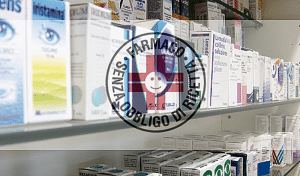 Directive 2001/83/EC) once again specifies that «non-prescription medicines» are those which in terms of characteristics differ from prescription medicines and «may be advertised to the public if they meet the requirements established by current regulations ».
Directive 2001/83/EC) once again specifies that «non-prescription medicines» are those which in terms of characteristics differ from prescription medicines and «may be advertised to the public if they meet the requirements established by current regulations ».
According to the Tar, in particular, the latter provision is especially emblematic, from which it would follow "that the legislator did not intend to differentiate the two sub-categories (Sop and Otc, ed) for advertising purposes", because otherwise this purpose would have been made explicit "in a clear and direct way". «This interpretation» continued the judges «is corroborated by the circumstance that no provision of the law has intervened to rigorously establish» the requirements and characteristics of the drugs which, under the Sop, are authorized for advertising. On the contrary: the same legislative decree, in article 115, clearly excludes prescription drugs and those reimbursed by the NHS from communication to the public, but says nothing about Sop. And directive 2001/83/EC itself, from which 219/2006 derives, "does not provide for any discrimination in the matter of advertising for over-the-counter medicines".
As mentioned, the sentence raises many question marks and will probably give rise to aftermath. No official comments have yet been received, but it is unlikely that the Ministry - defended before the Lazio Regional Administrative Court by the state attorney - does not react. Federfarma also forwarded the ruling to its legal advisors so that they could evaluate all the repercussions, even if there are some positive passages for the pharmacy among the judges' statements: for example, where it is stated that «responsible and documented consumption of Sop drugs must be rationally pursued by imposing rigorous prescriptions on the advertising message", with a call therefore to the legislator to guarantee a "quality" of advertising communication on which Federfarma has also been insisting for some time. But it will take some time to x-ray the sentence in all its passages.
(AS – 05/07/2016 – Federfarma)
Related news: SOP drugs. Freedom of advertising to the public as for OTCs. The sentence of the Lazio Regional Administrative Court
Otc and Sop advertising, first reactions after the Lazio Tar ruling

